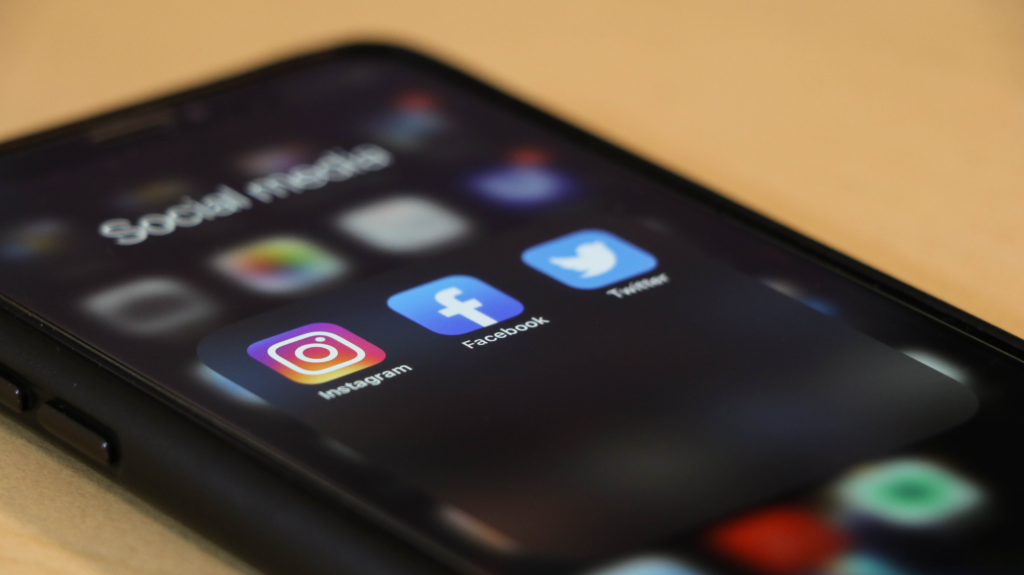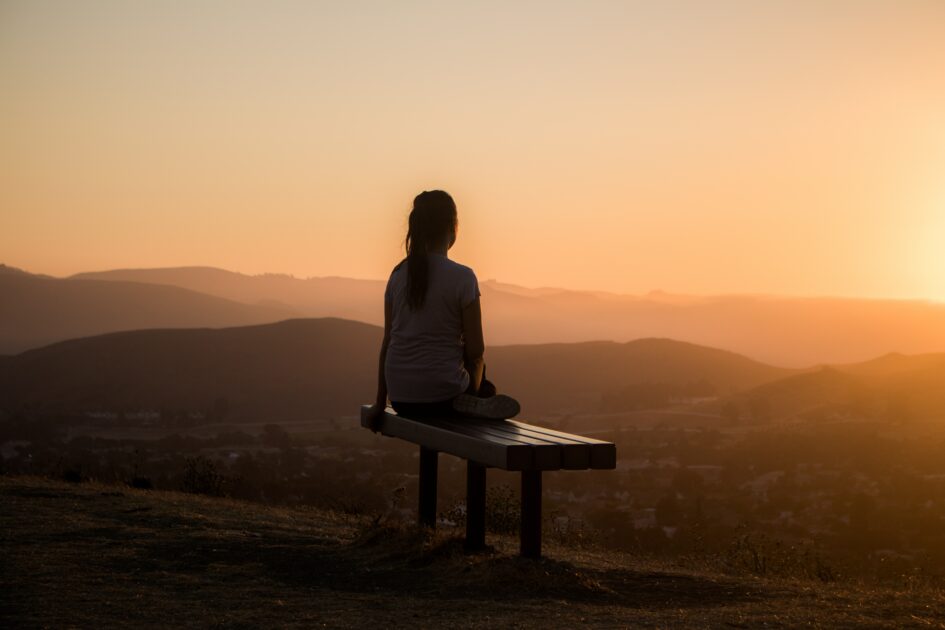Importance of FIPPA

In class we spoke about the importance of FIPPA and its importance in the public school sphere.
In today’s world, connecting with individuals – be it on a superficial level or deep level – has made it relatively easy all thanks to social media. Being social creatures, we yearn for that connection, and to show it, we: post pictures, type out how we are feeling via status updates, and comment on our friends pictures and status updates. We are essentially giving away a myriad of information to various companies like Meta (Facebook, Instagram, Threads), Twitter (now called X), Google, and others that use our data and sell them to various companies to understand the consumer’s many habits. The way in which we browse certain posts, or like comments and pictures, gives these companies a snapshot of how to curate ads and efficiently sell their products so that we the consumer buy them. However, social media companies that acquire data and information about us can be used however way they want, and that is the scary part . We as educators have a duty to our students and protect them from being exposed and violated from these large corporations.
Now that we know what these social media platforms do to our private information, what can we do to remedy it? In the context of FIPPA, when the students use social media for a class project or assignment, it is imperative that we provide students and/or parents with the above information so that they are aware of the consequences mentioned. This can be done by giving them a written notice of purpose, which states the project or assignment, what personal information will be required, whether the teacher will have authority to use said personal information, and potential uses of the information. Teachers should also get written informed consent from the students (or parents) for any disclosure of private information. If the students or parents decide not to give consent (or opt out), then the teacher should respect their wishes and provide alternative modes/tools of learning.
Copyright

Another topic that was discussed were copyright basics. This topic was interesting as it pertains to content created and how the creator has the right to reserve their creation, or if they are willing, share to the rest of the world.
In terms of copyright, whatever it is we create, automatically gets tagged with the copyright law. Technically, no one is allowed to re-use whatever it is that you create. However, in a teaching setting, we as teachers (who are apart of an educational institution) will have the right to re-use copyrighted material under the Fair Dealing clause based on the copyright act (Bill C-11). This will allow for educational material to be shared and free-flowing amongst persons without a paywall or the scare of being sued by the content creator. Below is a short video discussing the Fair Dealing clause.
A non-profit organization called Creative Commons works on the side of being able to disseminate copyrighted work, and allow for individuals to access more information that has been created. It is a means by which individuals will have some rights to the product and not necessarily need to be under the banner of a researcher, teacher, news reporter, or satirist.
Feedback
Thank you for reading my reflection. I hope this gave you some insight on how privacy and copyright play a crucial role in the education field. It would be great to hear from you, the viewer, and understand your points and concerns on said topics!

Leave a Reply
You must be logged in to post a comment.